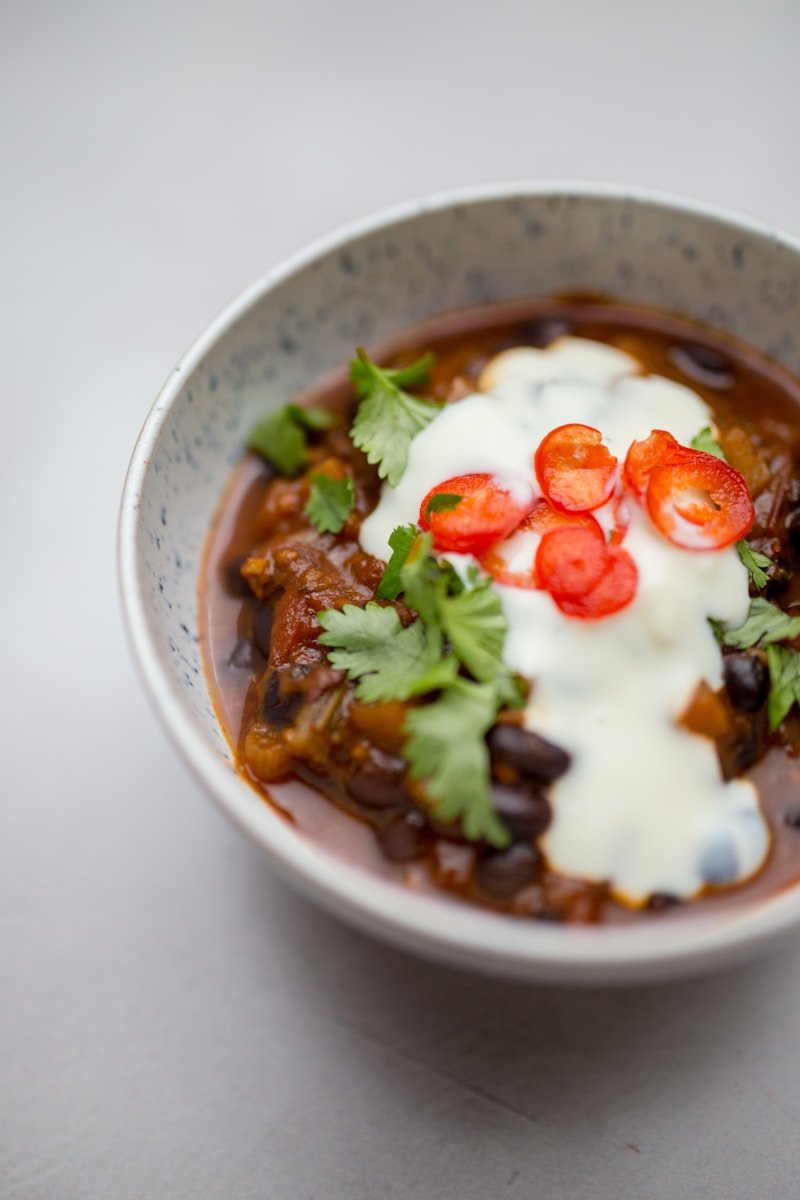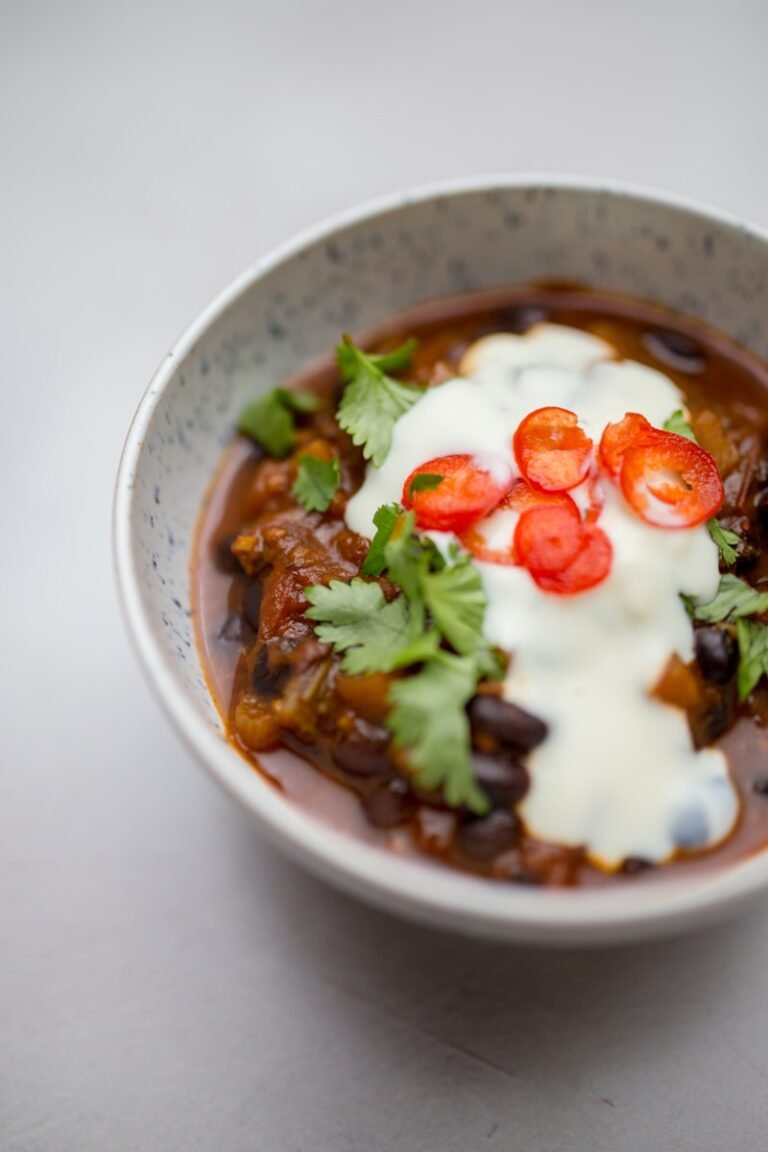Physical Address
304 North Cardinal St.
Dorchester Center, MA 02124
Physical Address
304 North Cardinal St.
Dorchester Center, MA 02124


Adopting a plant-based diet is one of the most impactful ways to live more sustainably. By reducing your reliance on animal products, you not only lower your carbon footprint but also support your health and the planet. If you’ve been thinking about going plant-based, here’s a friendly guide to help you start and make it a lasting lifestyle change.
A plant-based diet is a win-win for you and the environment. According to a study by Oxford University, adopting a plant-based diet can reduce greenhouse gas emissions by up to 73%. In addition to being environmentally friendly, plant-based eating can lower the risk of heart disease, type 2 diabetes, and certain cancers.
Moreover, shifting to a diet focused on plants supports sustainable agriculture, reduces water usage, and minimizes deforestation.
Transitioning to a plant-based diet doesn’t have to be overwhelming. Here’s how to begin:
Begin with one or two plant-based meals a week. Experiment with recipes and find what you enjoy.
Base your diet on whole foods like fruits, vegetables, grains, nuts, and seeds. They’re not only nutrient-rich but also less processed, reducing waste.
Swap out animal products with plant-based alternatives. For example:
A balanced plant-based diet should include a mix of carbohydrates, protein, healthy fats, and micronutrients. Make sure to include foods high in vitamin B12, iron, and omega-3s, or consider fortified options and supplements.
Shopping for a plant-based diet can be fun and budget-friendly with these tips:
Purchase grains, legumes, nuts, and seeds in bulk to save money and reduce packaging waste.
Seasonal produce is fresher, tastier, and often more affordable. Plus, it reduces the carbon footprint of transportation.
Support local farmers’ markets or community-supported agriculture (CSA) programs for fresh, low-impact produce.
Plan your meals in advance and buy only what you need. Store produce correctly to extend its freshness.
For more zero-waste food storage ideas, check out our eco-friendly kitchen guide.
Here are a few simple meals to get you started:
Many plant-based foods are high in protein. Beans, lentils, chickpeas, quinoa, and nuts are excellent sources.
Navigating social events can be tricky, but communication is key. Offer to bring a plant-based dish to share or check the menu ahead of time.
Cravings are natural, especially during the transition. Try plant-based versions of your favorite dishes or allow yourself flexibility as you adjust.
Alex, a busy college student, started his plant-based journey by swapping out chicken for chickpeas in his go-to salad recipe. Over time, he expanded his meals and noticed he had more energy and spent less on groceries. “It’s easier than I thought, and I feel great knowing I’m helping the environment too,” Alex shares.
Starting a sustainable plant-based diet is all about progress, not perfection. Focus on small, meaningful changes that align with your goals and lifestyle. Have you tried plant-based eating? What are your favorite tips for making the transition? Let us know in the comments!